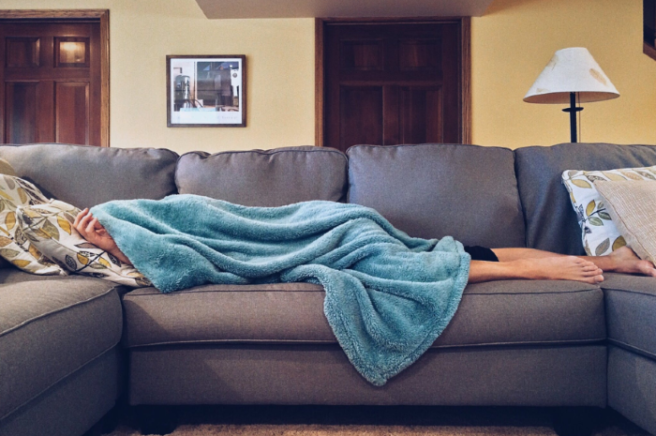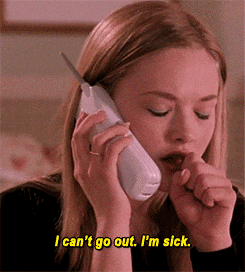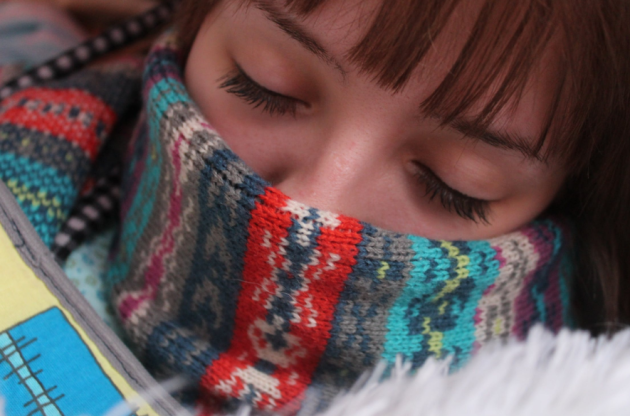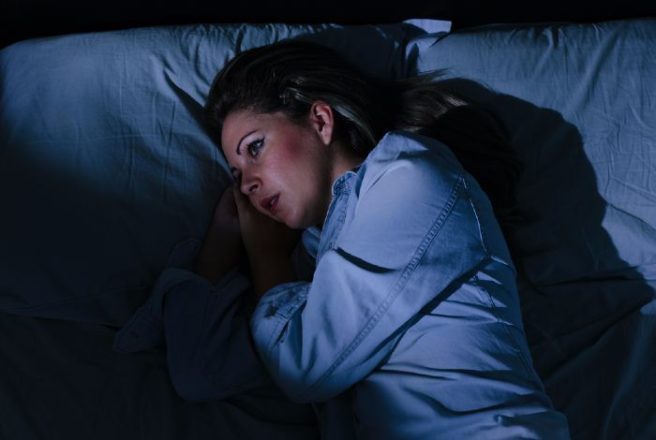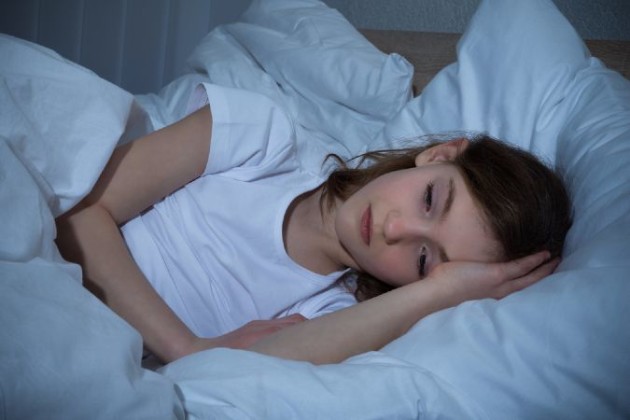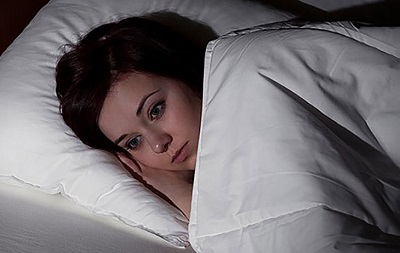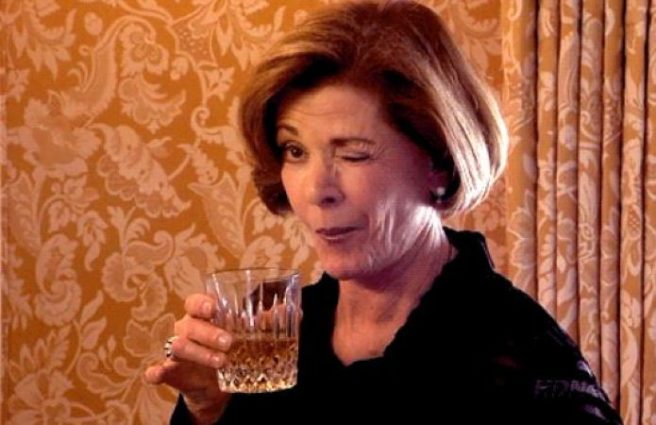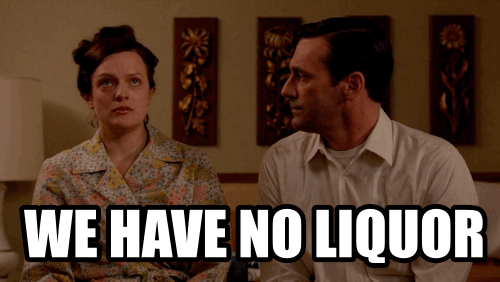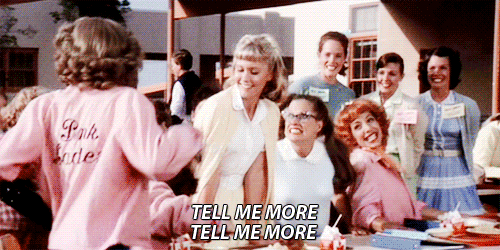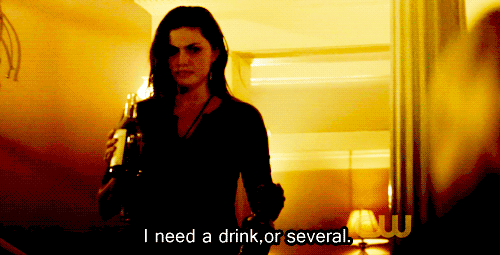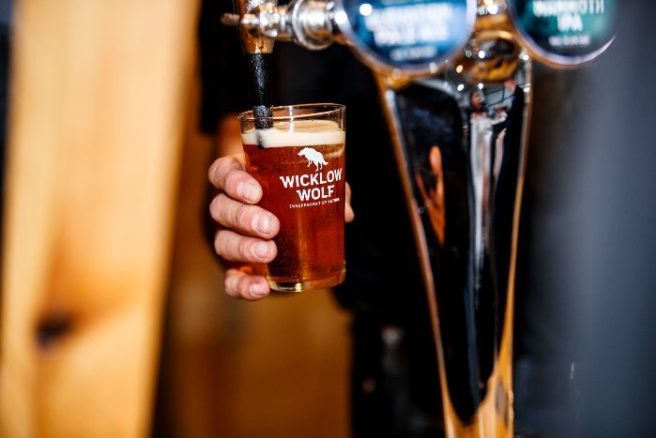
Dry January: These non-alcoholic beers are actually really tasty
It may be January and time to step away from the booze, but that doesn't mean you can't enjoy a great tasting beer. Together with their increasingly popular non-alcoholic beer Moonlight, Wicklow Wolf has announced the launch of two more limited edition brews, Limelight and Starlight, to be released in January across independent off licences nationwide.
Though low in alcohol, all three of these hoppy beers are high in flavour and are made using speciality malts and lots of juicy hops.
Despite having an alcohol level of 0.5% and a calorie count of only 50kcal per 330ml can, these beers are full of flavour with Starlight being infused with citrus grapefruit, while Limelight is infused with zesty lime.
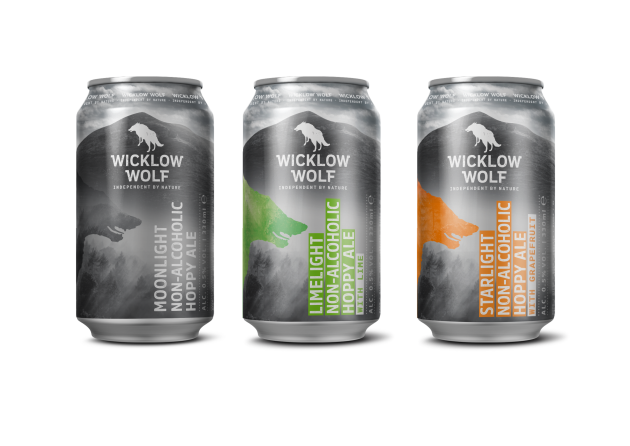
Independent by Nature, Wicklow Wolf recently launched its new 17,000 sq ft brewery in Newtownmountkennedy which has been carefully constructed to decrease water wastage, energy use and carbon footprint by using 100% renewable electricity in the making of the beer.
Speaking about the new limited editions, Wicklow Wolf Master Brewer John Allen said, “There’s often a misconception that non-alcoholic beers require less care and attention when the opposite is true. In Wicklow Wolf, we don’t dealcoholize, instead we create a beer that is low in alcohol which takes a lot of care and attention. We strive to ensure all our beer is brewed without compromise and these beers are no different. I think they will be just perfect for Dry January”
Limelight and Starlight will be available in independent off licences nationwide for €2.75 per can OR 4 Cans for €10 across the range.
Moonlight can be found in these outlets and all Supervalu and Centra stores across Ireland. For more information on all of Wicklow Wolf’s endeavours, visit their website www.wicklowwolf.com.






